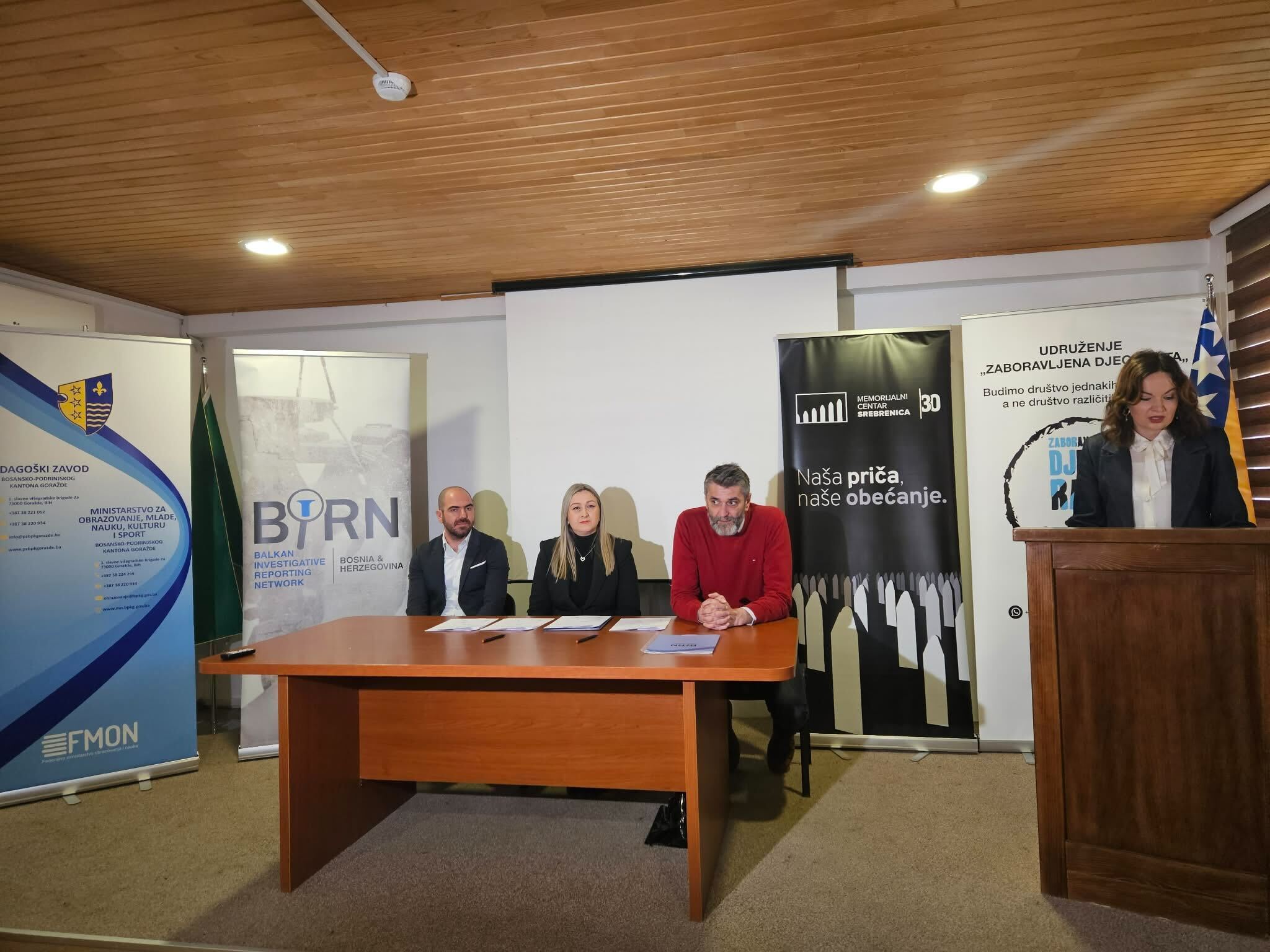This post is also available in: Bosnian
The project will continue for 15 months and is intended to help tackle the huge backlog of outstanding prosecutions in Bosnias two political entities, the Bosniak-Croat Federation and the Serb-dominated Republika Srpska.
By transferring a large number of cases to entity prosecutors offices, it has become obvious that it is impossible to carry out efficient work on those cases with existing capacity of entity institutions. Thus it is crucial to provide assistance to these institutions as soon as possible, the projects leader Francesco Caruso told BIRN.
In accordance with Bosnias war crimes strategy, 200 cases were transferred to judicial institutions in the entities and the Brcko District last year, while around 600 cases remain at the state level.
The strategy envisages that the most sensitive state-level cases be finished by 2016 and the rest within 15 years.
The OSCEs joint project with Bosnias High Judicial and Prosecutorial Council will finance specialised training for prosecutors, judges and lawyers in war crime cases at entity levels, employ experts in eight prosecutors offices in the Republika Srpska and Bosniak-Croat Federation cantons, and partly finance investigation expenses.
Caruso added that the project also plans to employ staff in the state court and prosecutions office, as well as department of criminal defence, aimed at accelerating work on war crime cases.
The OSCE Mission in Bosnia will also finance the operational costs of the prosecutors offices through the project by paying for witnesses travel expenses or investigators trips to the field.
Bosnia and Herzegovina made progress in reaching the goal of fair and efficient processing of war crime cases, including success in transferring numerous less complex cases from the state to lower levels, said the director of the High Judicial and Prosecutorial Councils secretariat, Admir Suljagic.
However, lack of resources and capacities slowed down the processing of those cases. An infusion of resources in combination with targeted measures for increasing capacities would greatly help Bosnia and Herzegovina in reducing the number of unresolved cases, he said.

